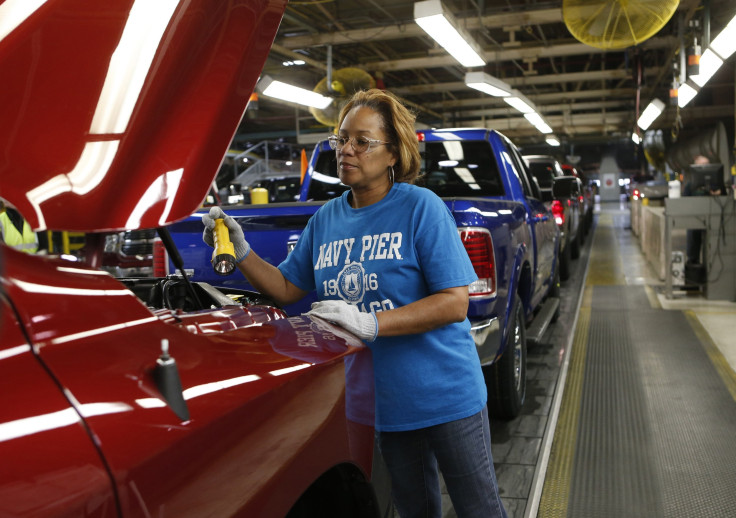Consumers Paying More While Wages Remained The Same In June: Labor Department

American consumers paid slightly higher prices for goods and services in June, offsetting any rise in incomes, continuing a five-month trend of higher spending that began after a cold snap subdued shopping in January.
The seasonally-adjusted consumer price index, a monthly measure used by economists to track changes in the price levels of products households commonly buy, increased 0.3 percent in June, the Labor Department reported Tuesday. That’s a bit weaker than economists expected, but still consistent with the strengthening in prices over the first half of the year. Gasoline prices, which rose 3.3 percent in June, accounted for two-thirds of the 0.3 percent rise. Food prices rose 0.1 percent in June, after rising at least 0.4 percent the previous four months.
Core consumer prices, which exclude energy and food prices, increased 0.1 percent, the smallest gain in fourth months, held back by a nearly 2 percent dip in hotel prices and smaller dips in new and used car prices.
Real average hourly earnings for all workers didn't change from May to June, as the rise in CPI offset a 0.2 percent increase in average hourly earnings. Earnings dropped 0.1 percent in June compared to a year ago. From April to May, real average hourly earnings for all workers fell 0.2 percent.
“We doubt this marks the start of a new, softer trend in core prices,” Paul Dales, senior U.S. economist for Capital Economics, said in a note Tuesday.
The fall in hotel prices simply reversed May’s 2 percent month-over-month rise, and hotel occupancy rates indicate that prices will rise again in the coming months, Dales said. He also expects that strong demand for vehicles driven by faster jobs growth and looser credit will allow auto retailers to raise car prices.
“We still expect that a faster rise in core inflation will prompt the Fed to start hiking interest rates in March and force it to raise them further than widely expected,” Dales said.
Wage growth has remained slow or stagnant for decades. From the late '70s to just before the recession brewed in 2007, incomes for average Americans increased only 5 percent.
Recent college graduates in particular have incomes growing significantly more slowly than average. San Francisco Federal Reserve economists Bart Hobjin and Leila Bengali said Monday in a letter that median starting wages of recent grads haven't kept pace with median earnings for all workers over the past six years.
However, wage growth may be picking up soon. A survey by the National Association for Business Economics released Monday said 43 percent of the 79 economists from such organizations as the National Retail Federation said their members had increased wages. Only 19 percent said so last year, and 35 percent said their organizations had increased wages in the three months to April.
Dales said it's "only a matter of time before the decline in the national unemployment rate triggers an acceleration in overall wage growth."
© Copyright IBTimes 2024. All rights reserved.






















